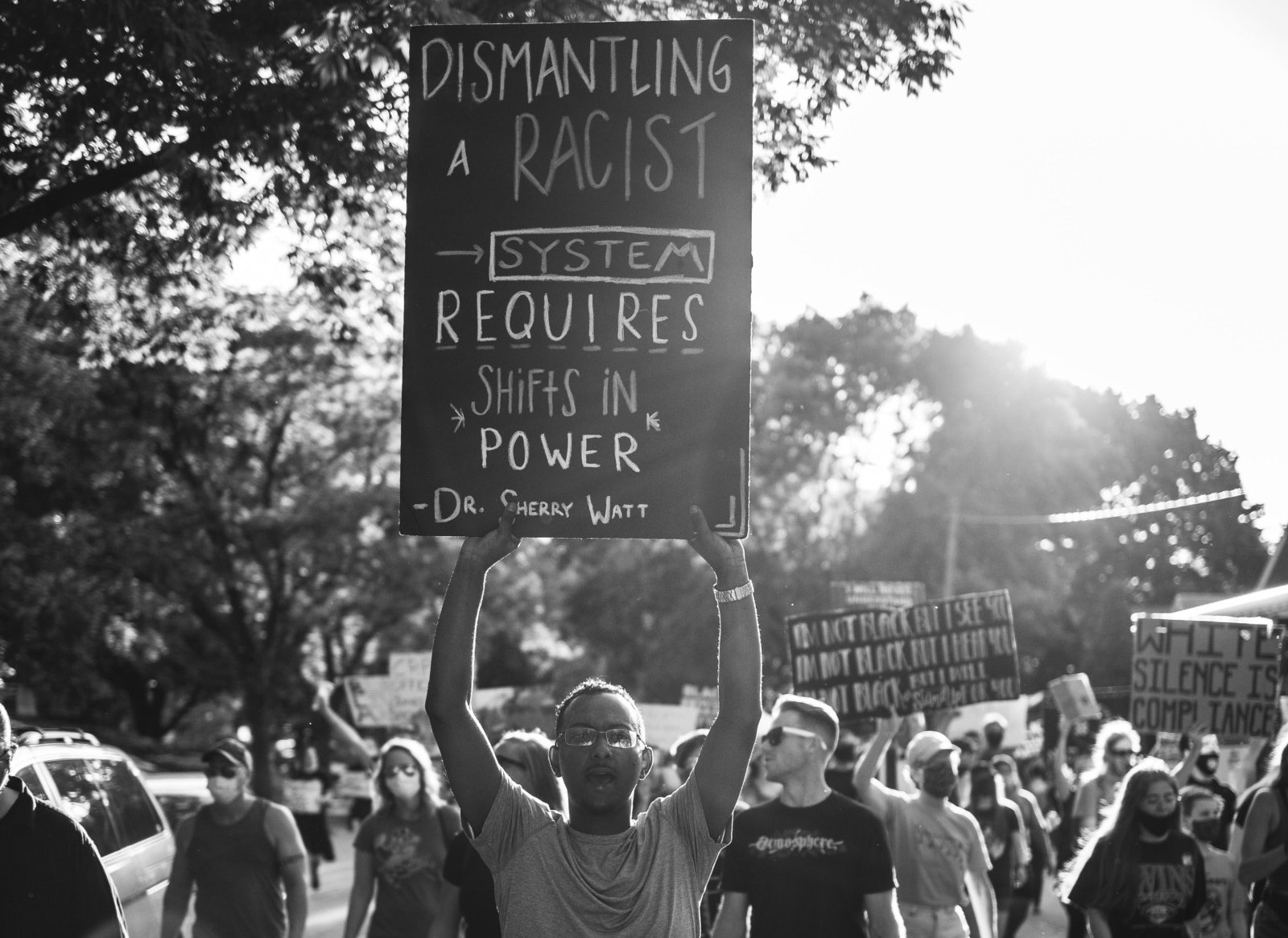The Capitol Hill takeover was an attack on our communities

Banks must acknowledge their role and divest from racism.
Not for the first time under this administration, we are compelled to speak about crises in this country. Let’s hope it’s the last time.
The planned violence that took place at the Capitol on January 6 is an attack on us and our communities’ efforts to build a better world. The coordinated insurrection to prevent officials from counting electoral votes after a fairly won election is not just an assault on our democracy. It is an attack on Black, Indigenous, and Brown communities that have been relentlessly organizing in solidarity with one another to build collective power and create equitable access to resources in this country.
When white supremacy is threatened, those upholding bigoted views feel as if they are losing power. Their reaction is to increase their attacks in order to reinforce the systems of oppression that we must dismantle.
The trend is not new. It’s why the United States experienced an increase in hate crimes after we elected our first Black president. This is also why the divisive rhetoric that has plagued our elections has emboldened people with bigoted views, resulting in white supremacy and white nationalism returning to mainstream politics.
We will not be divided by this continued violence, nor will we be deterred from working to dismantle the systems of oppression that extract wealth from communities of color.
This chaotic disruption arrived during a moment when we should have been celebrating overdue milestones in our nation’s leadership. Instead of inclusiveness spanning religion, race, and age being a focal point, an intentional campaign to distract took the spotlight.
We can transform our society into one that is rooted in justice and equity. It will require antiracist organizing and those in power giving up resources to frontline communities that are organizing to keep themselves safe. Organized action, mutual aid, shifting the ways we direct our resources, and solidarity will be key to ensuring we the people can collectively make decisions that impact our own communities. While democracy depends on our ability to put our trust in elected officials, we must hold those leaders accountable when they fail to deliver on their promises.
But we must also hold accountable, including within the financial industry, those who enable failed government leadership. It is well documented that Wall Street is a major contributor to conservative lobbying efforts. Just look at the millions Wall Street private equity executives donated to try to preserve the incumbent Senate seats in Georgia.
Wall Street, banks, and money all play a huge role in the struggle for racial justice. How money moves and who has access to it factor into our wealth, economic security, wellbeing, and quality of life. Wall Street itself was physically established in the same place where enslaved African adults and children were bought and sold as part of the transatlantic slave trade. We like to think that this time is behind us, but it’s alive today in many forms. Wall Street’s connection to white supremacist principles is on display when it profits from police violence through police brutality bonds. At the same time, many affiliated institutions continue to support racist politicians that enable white supremacy.
We need big banks – along with banking associations – to take a stand against racism and stop donating to candidates who have expressed violent and hateful views.
We in the banking industry need to do everything we can to ensure that our money isn’t going to racist policies and the candidates that espouse them. Everyone involved in banking — from depositors to lenders to associations — needs to proactively work to uncover the white supremacist intentions underlying what our dollars support. We must be explicitly antiracist with our donations, advocacy, and loan dollars. We must replace complicity with compassion.

